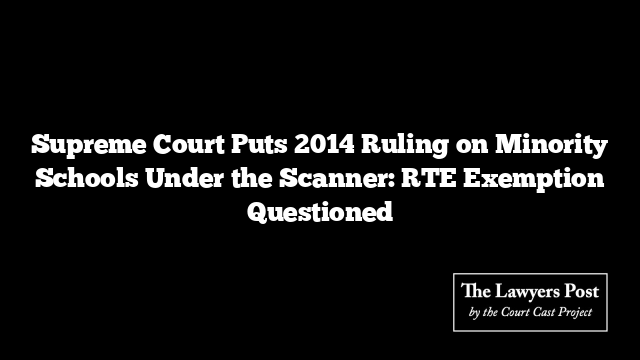The Supreme Court has drawn a sharp line in the sand for schoolteachers: the Teacher Eligibility Test (TET) is no longer optional but the minimum ticket to enter or rise within the profession—at least for non-minority institutions.
A bench led by Justices Dipankar Datta and Manmohan ruled that anyone aspiring to be appointed as a teacher, or seeking promotion while already in service, must clear TET. Without it, their applications carry no weight.
But the Court also acknowledged the ground realities of thousands of educators already in the system. Teachers appointed before the Right to Education Act, 2009, who have fewer than five years of service left, will not be forced to take the test—unless they seek promotion. Those with more than five years left on their service clock, however, have been given two years to qualify. Fail to pass, and they face compulsory retirement, albeit with terminal benefits if service requirements are met.
Invoking its extraordinary powers under Article 142, the Court carved out this middle path: balancing the demand for higher teaching standards with the disruption such a sudden mandate could cause.
The judgment also keeps alive an unresolved debate. In 2014, a Constitution Bench had exempted minority institutions from the RTE Act’s scope. The present ruling cast doubt on that stance, but until a larger bench takes up the issue, minority schools remain outside the TET net.
As the law stands today, every schoolteacher outside the minority institution bubble must meet the TET benchmark—or step aside.





